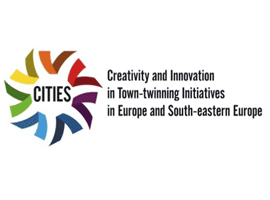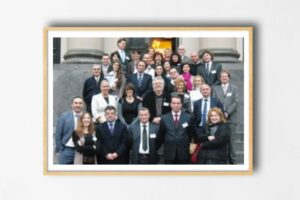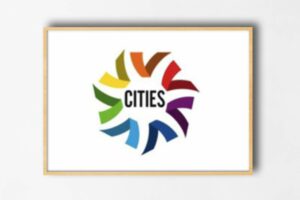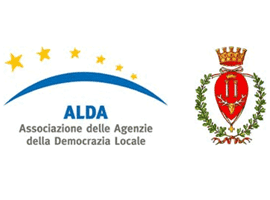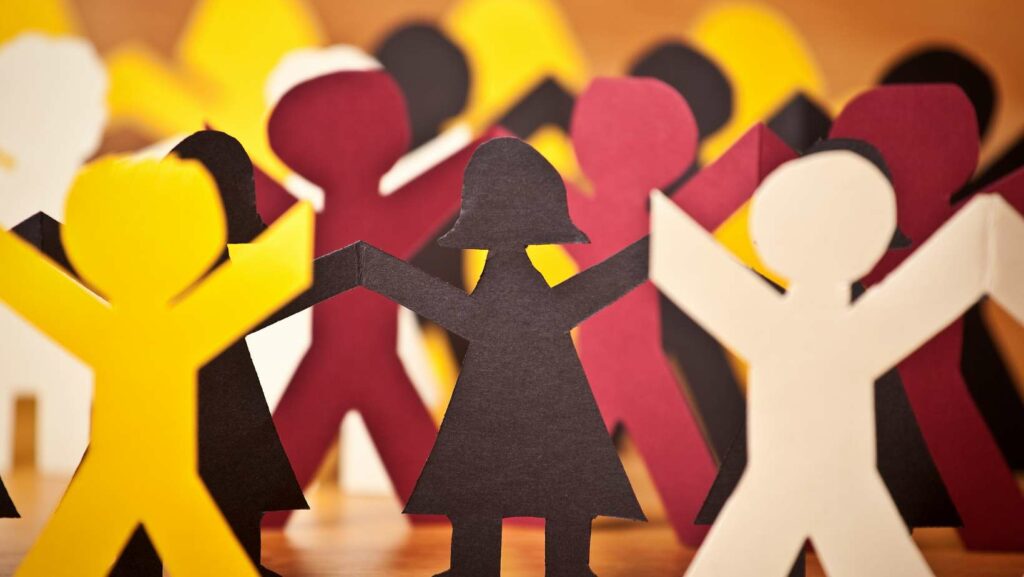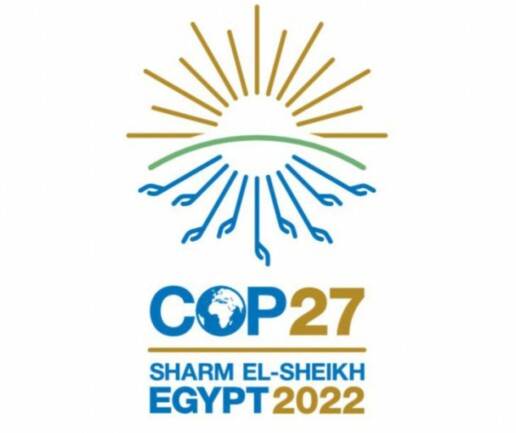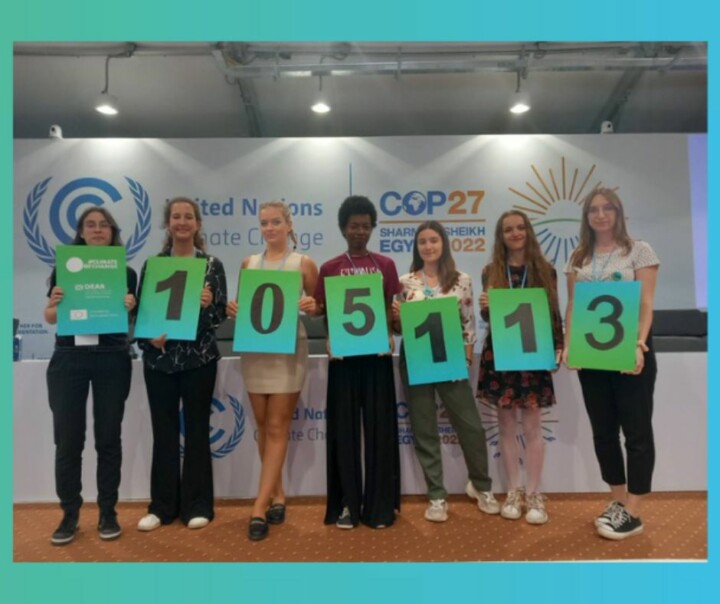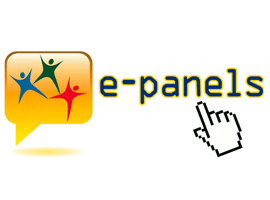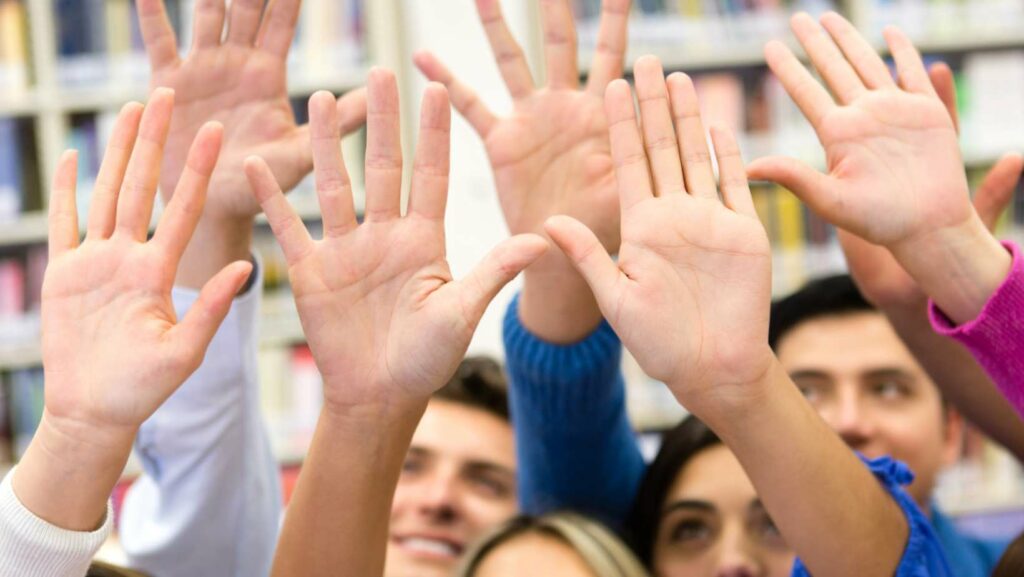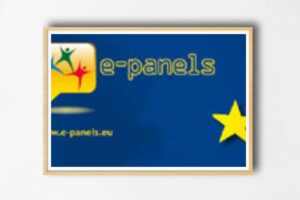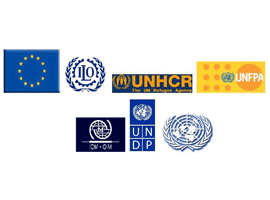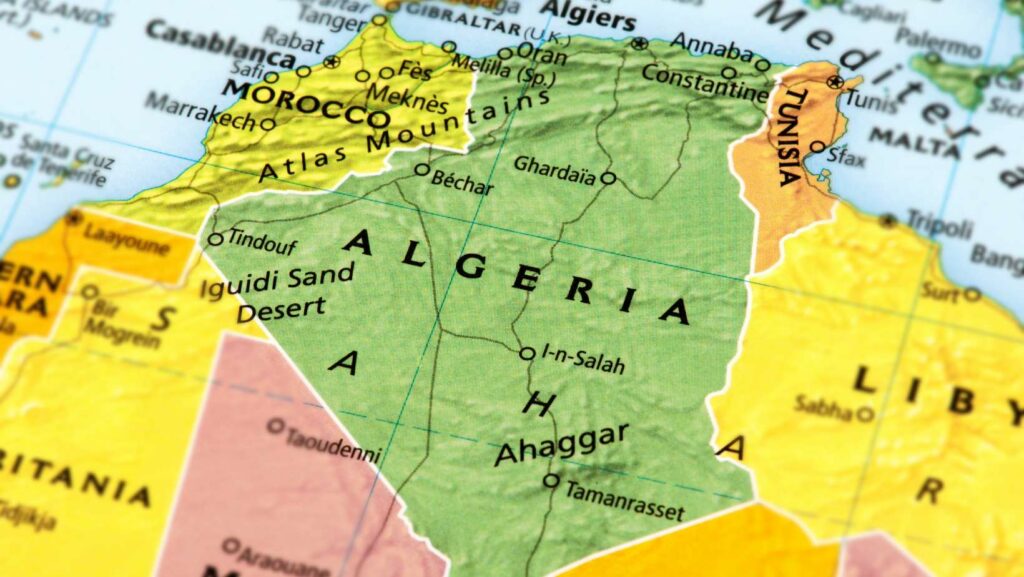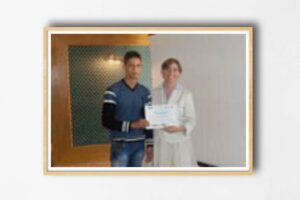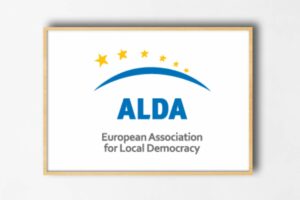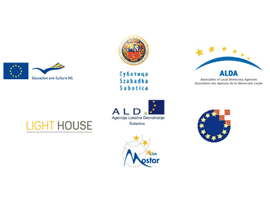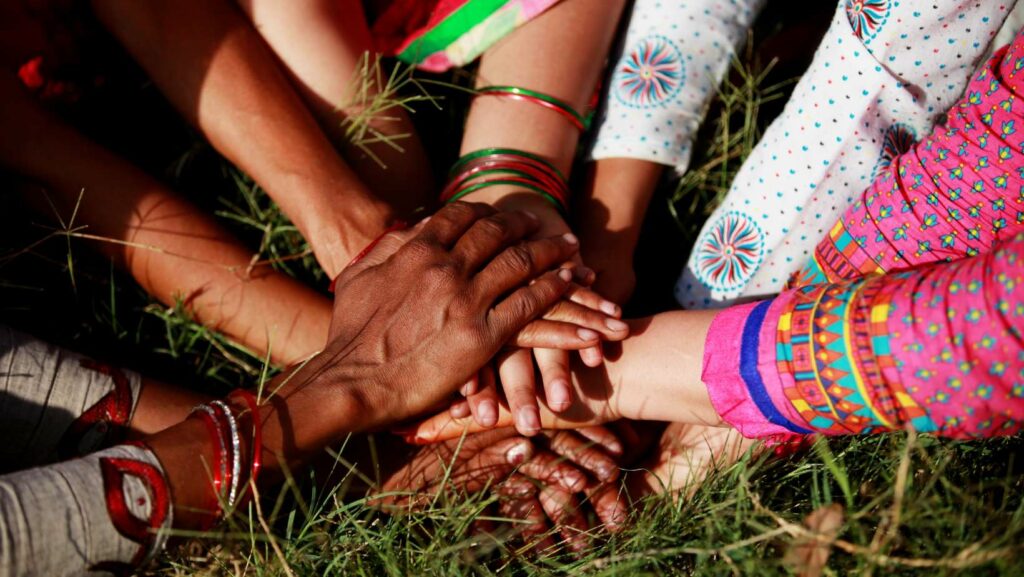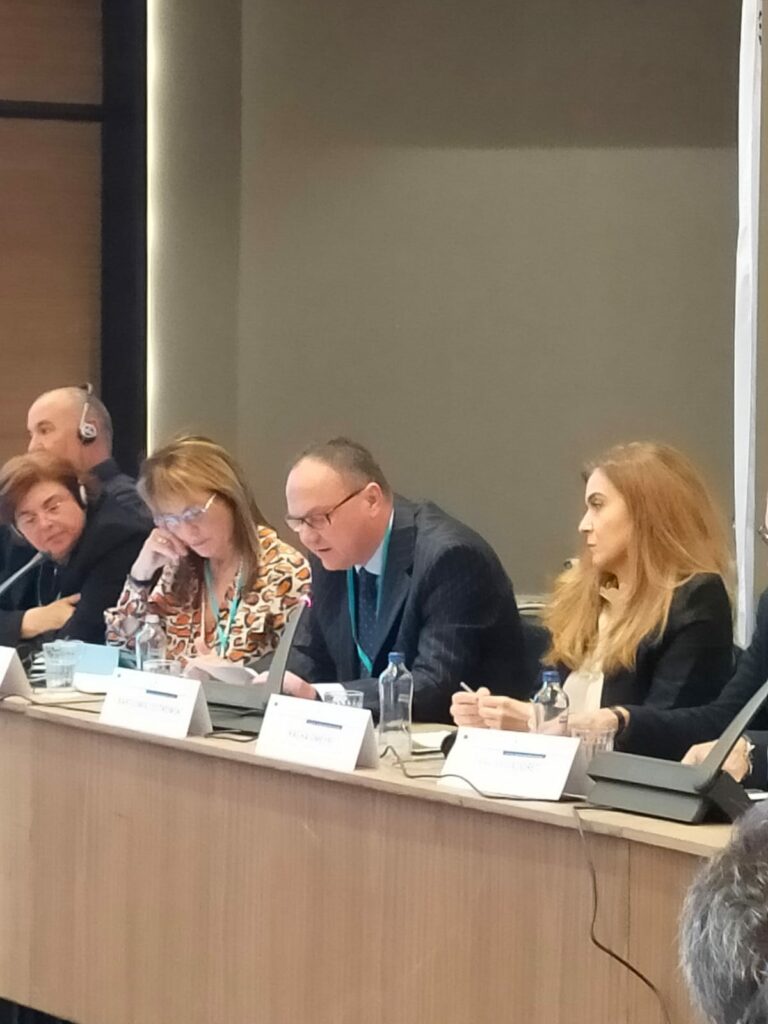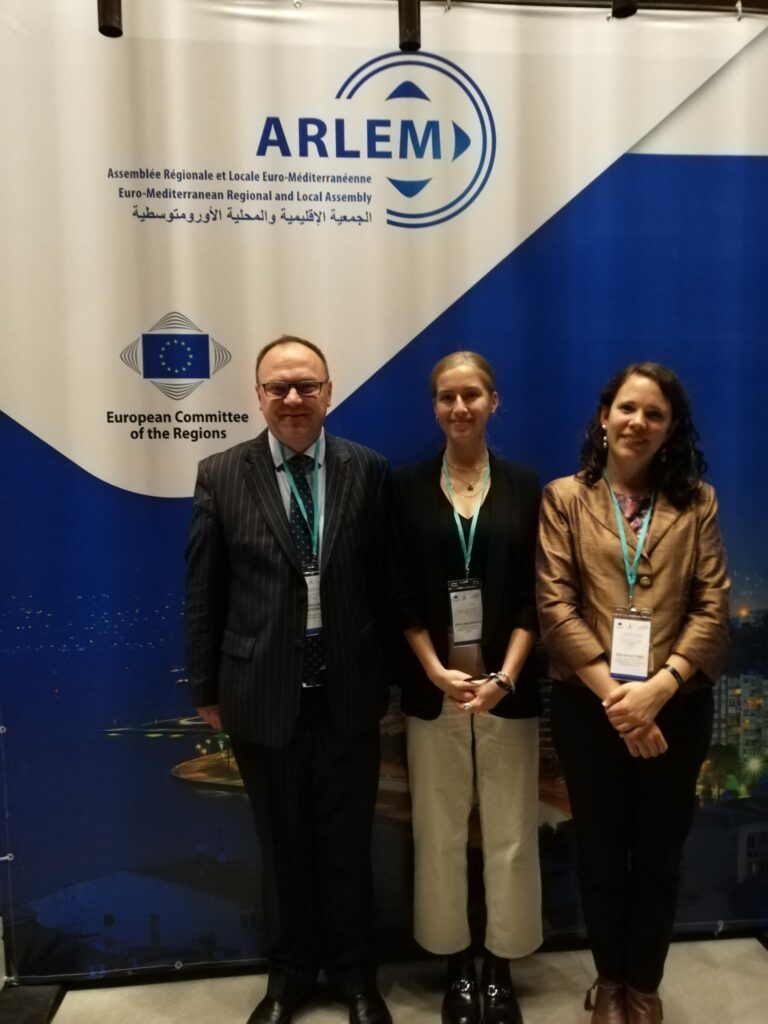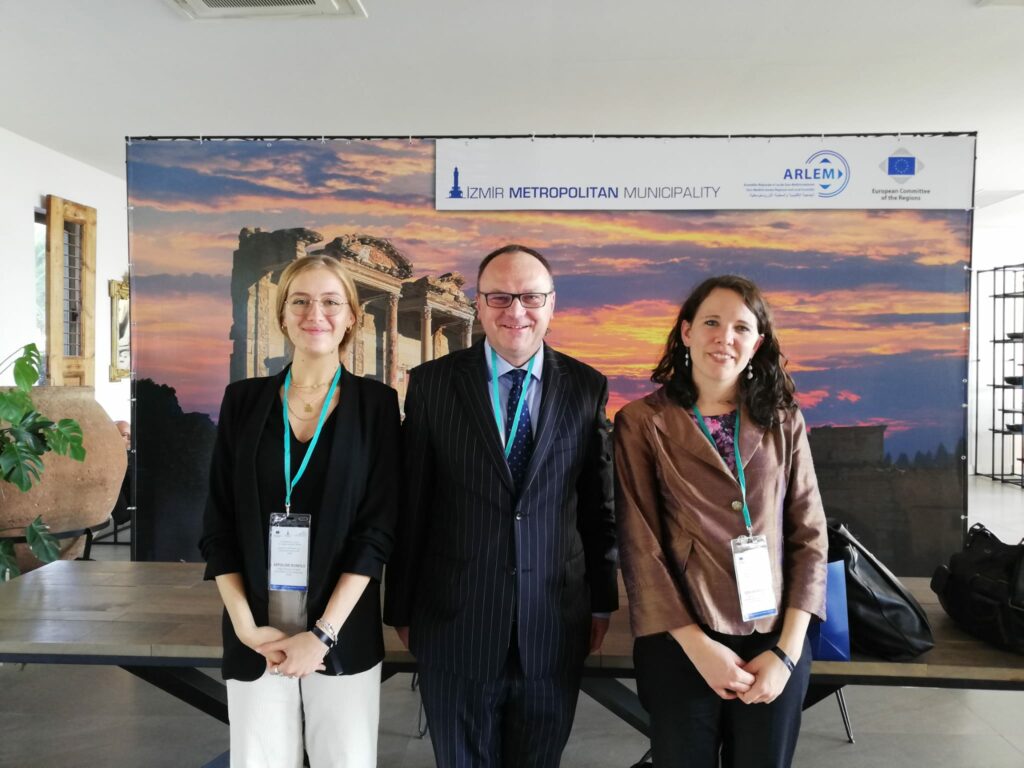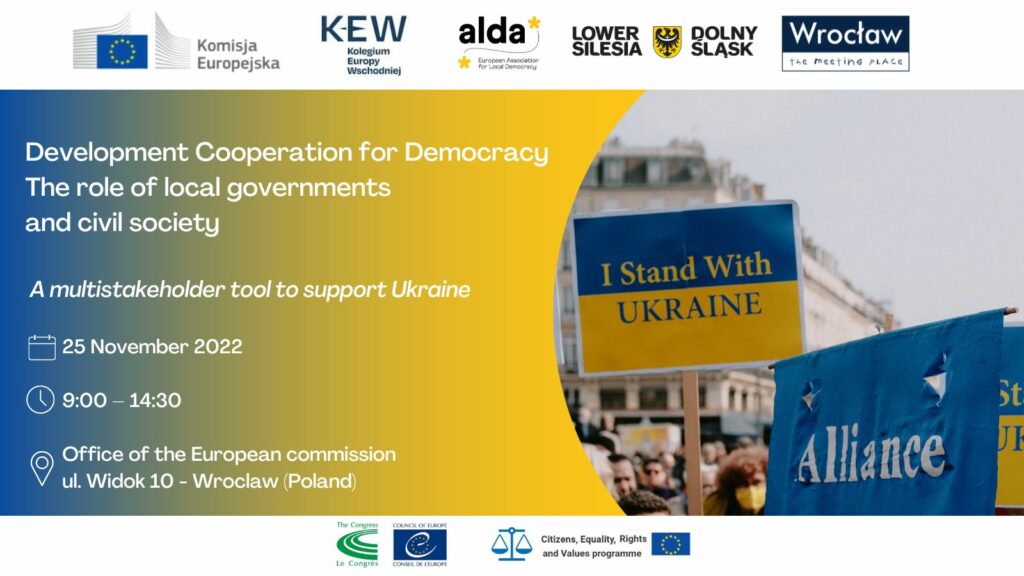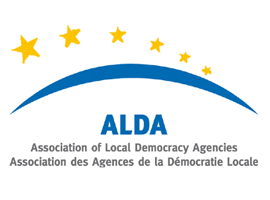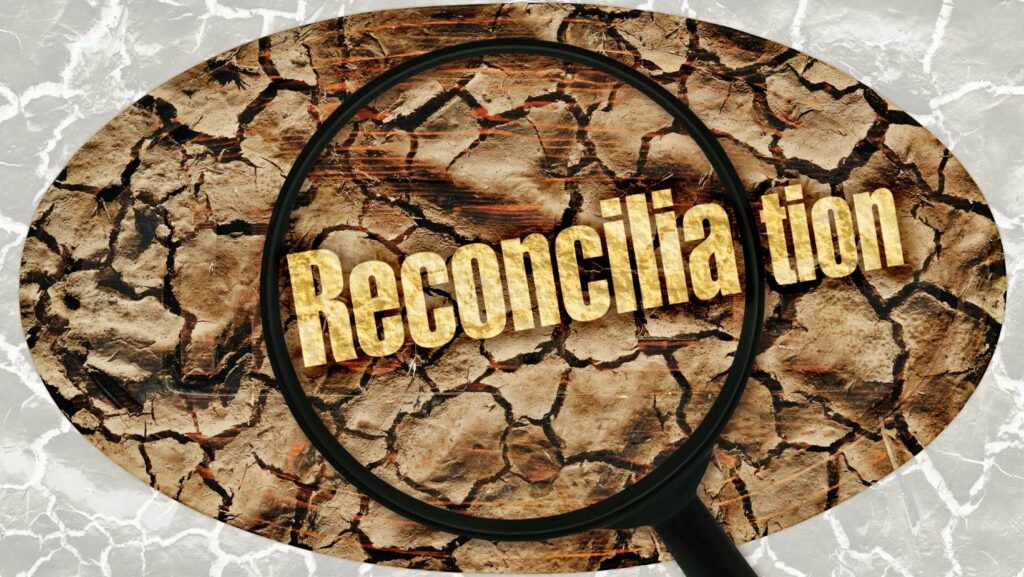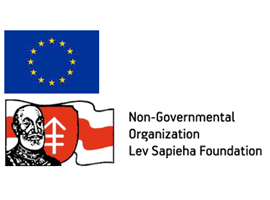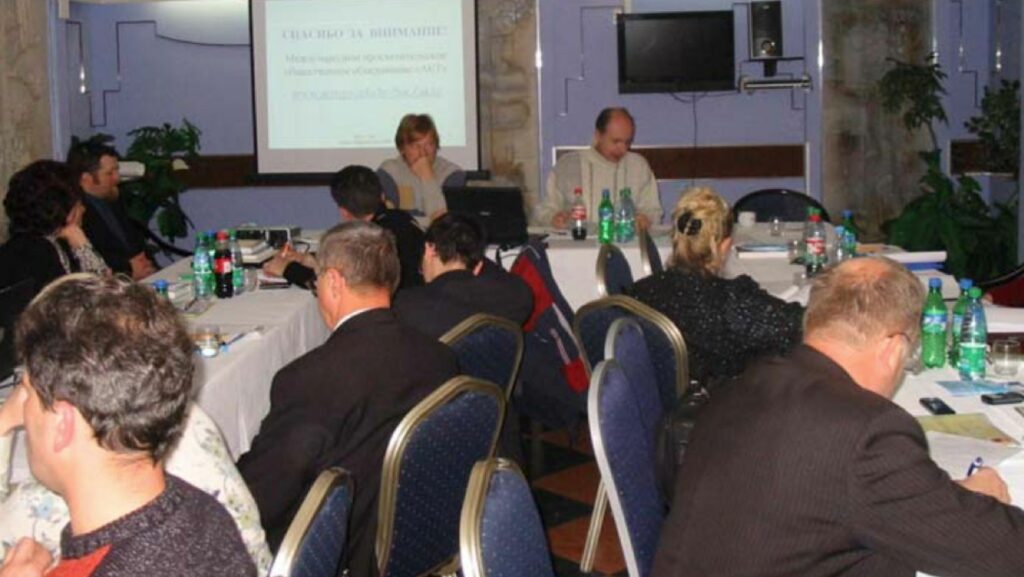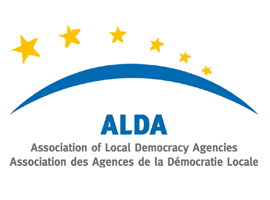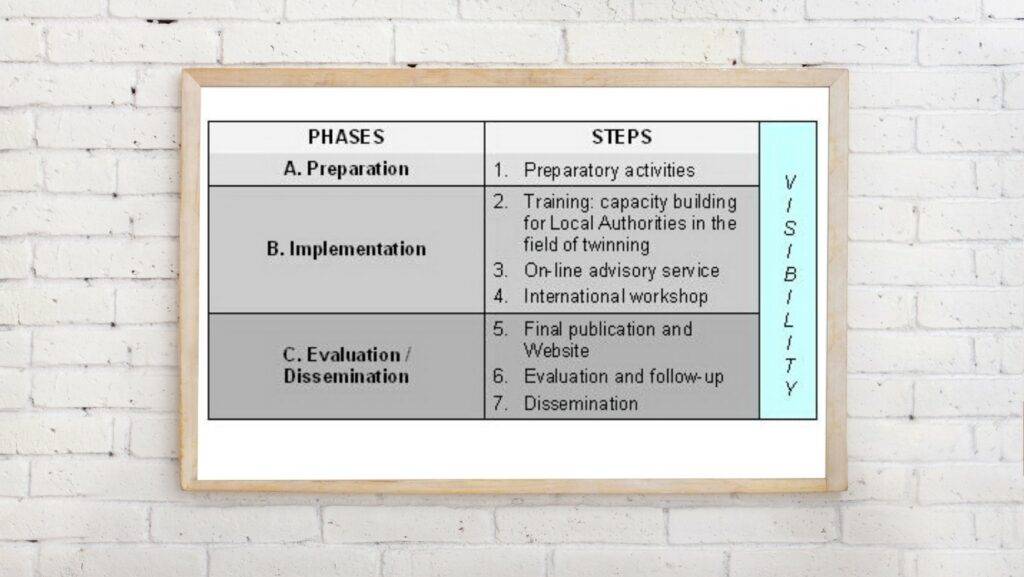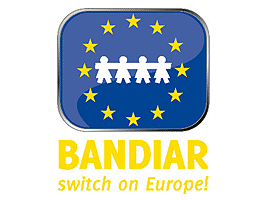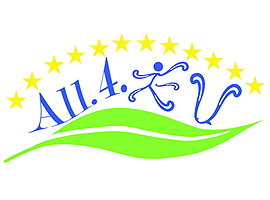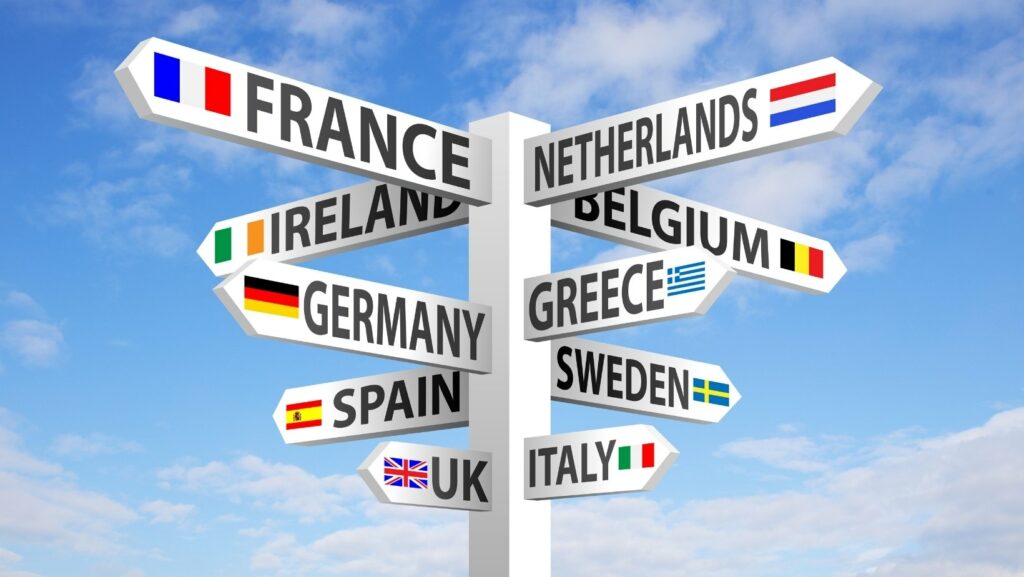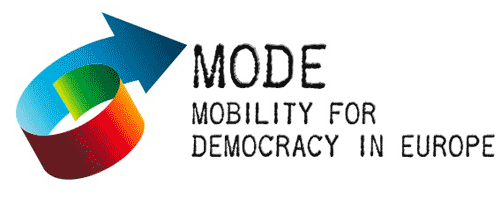
AT A GLANCE
The present project is designed to encourage a constant engagement of the civil society in exchanges preventing democracy of falling into possible gaps. ALDA’s approach is based on one of the EU’s fundamental value: mobility. Mode will encourage mentoring activities between NGOs but also between NGOs and volunteers hoping to deepen mobility experiences and to establish a long-lasting transnational partnership.
The partnership, built with 7 partners from 6 countries (2 accession ones), is planned to strengthen relations between European NGOs, help break down barriers between people and groups, promote the learning of other cultures but also support the multiplication of NGOs and NGO networks.
OBJECTIVES
The general objectives of the project are to:
- foster citizens’ participation and interaction between citizens’ and NGOs through debates on how to improve EU’s policies and civic participation, with a focus on volunteering. Citizens will express their opinion on the Union’s future
- raise awareness on the common values of democracy, citizenship and participation. Thus it will contribute to the development of a sense of European identity. As 2 partners are from candidate countries the project will also help developing a sense of European identity in the wider Europe
- promote citizens’ involvement at European level through debates and exchanges abroad, fostering interculturality, a better understanding and thus appropriation of the EU

EXPECTED RESULTS
Expected impact on the target group:
Through this project more than 550 persons from 6 different countries will acquire new information, knowledge and skills in the field of volunteering and other types of mobility. Involved NGO personnel will improve not only their knowledge and skills but also their cultural and life experience through mobility exchanges. Since NGOs are the main target groups, we expect to create a synergie between our partners operating for the improvement of their skills, especially in Croatia and Albania.
A large number of participants are future or present volunteers that will benefit from the technical support, trainings and mentoring of qualified NGO personnel.
Generally, we expect for participants to be more aware of the barriers faced by European identity and challenges of building a knowledge-skilled EU society.
The project will also have a relevant impact on indirect targets: through the partners’ networks, publications and websites. These collateral categories are to be motivated to get involved and to learn more on active citizenship, volunteering and the EU.
MULTIPLIER EFFECT
The present proposal supports itself on the wide experience of ALDA in projects on European citizenship and its methodology to teach Active citizenship methods. MoDE seeks to deepen the connexions between NGOs and foster long lasting relations between structures in pre-accession countries and those in EU member states. It is to create more than a platform of mobility, but a network encouraging European values, especially tolerance and sustainable development in order to reduce disparities in terms of Democracy and well being between different regions of Europe. MoDe will create an important channel of communication between NGOs but also between citizens and the EU (since these NGOs are active in EU programmes). This communication line will grant an added valued in terms of multiplying effects. Another effect expected is the widening of citizens’ activities by further familiarising them with the European identity and citizenship.
